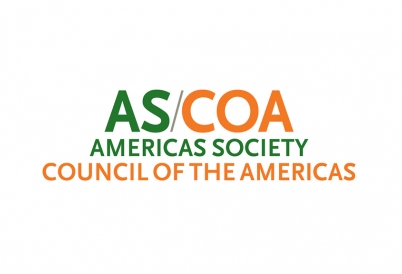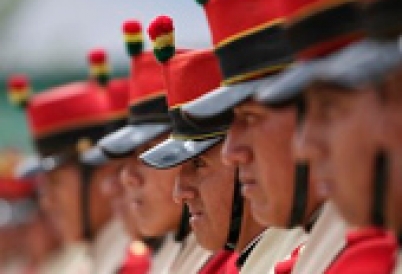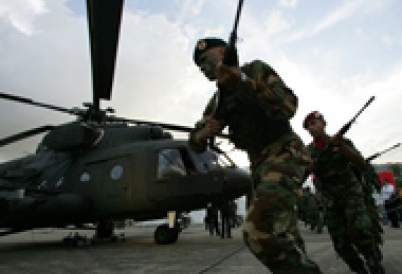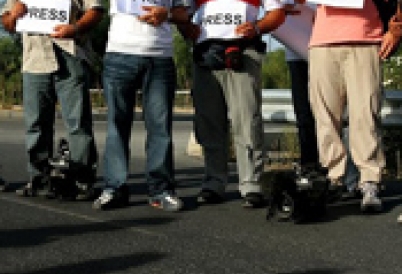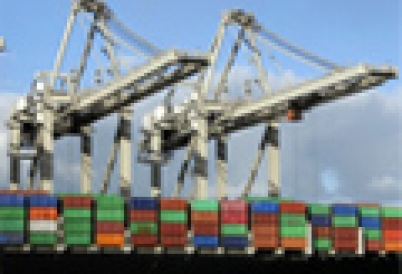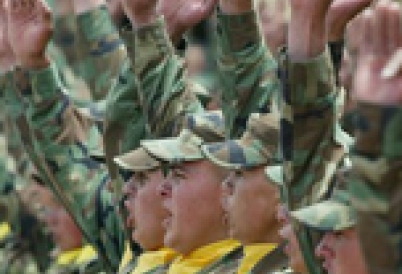"Countries where democracy is weak...have proven, time and time again, to be the most likely portals through which unhelpful influences such as Iran are introduced into the region," explained COA's Vice President Eric Farnsorth in testimony to U.S. Congress.
Leaders from the Bolivarian Alliance for the Peoples of the Americas met October 16 and 17 in Cochabamba, where they charted a course for implementing a virtual currency that could replace the dollar in commercial transactions. ALBA also imposed a blockade on Honduras.
Venezuela's new plan to make a $2.2 billion arms purchase from Russia stoked U.S. fears that the deal could lead to an arms race in the Americas. While Venezuelan President Hugo Chávez took a whirlwind tour including the Moscow stop, France and Brazil signed their own multi-billion-dollar arms pact.
While some journalists reporting in Latin America face threats to personal security, others deal with official intimidation in what some warn could roll back hard-won press freedoms. But governments and journalists have also taken steps to ensure greater access to information.
New data shows the global economic downturn has hurt trade in Latin America, with exports expected to decrease through 2009. Still, despite signs of the crisis, some bright spots shine.
"If the United States is going to be a partner with Latin America—a healthy and laudable goal—the aspiring powers of the hemisphere need to shake off their timidity and worn-out rhetoric," write AS/COA's Senior Director of Policy Christopher Sabatini and Kissinger Associates' Stephanie Junger-Moat.
South American leaders met Monday in Quito for a UNASUR summit, where they debated action on a probable U.S.-Colombian military pact. Though not present at the summit, Colombia’s President Álvaro Uribe visited seven countries last week to clarify the deal’s terms.







